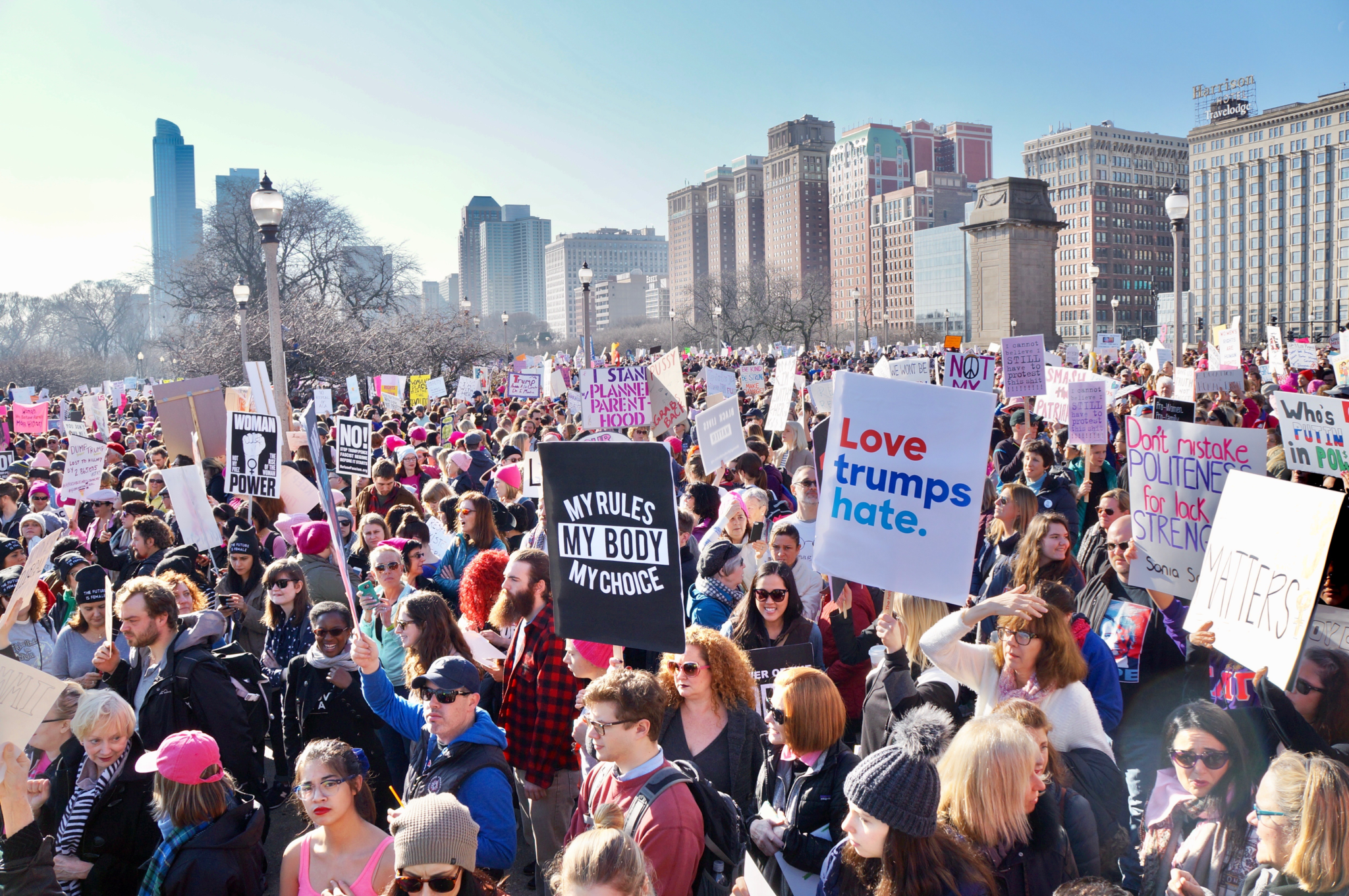On Saturday, an estimated 250,000 Chicagoans joined over two million people around the world to march in favor of women’s rights and in opposition to the Trump administration. The march was officially called off and converted into a rally because of unexpectedly high turnout, but that didn’t stop the Chicago crowd, who spilled out from Grant Park and crowded the streets of the Loop, chanting all the while. Drawing large crowds new to activism, the march generated excitement about the beginnings of a mass social movement opposing the Trump administration. However, the march drew criticism from some veteran activists because of messaging that excluded trans women by equating womanhood with biology. These critics expressed hope that the large numbers of white women who marched would continue to show up beyond Saturday’s rally. The Chicago march’s speakers and performers indicated what this might look like, advocating for causes from immigrants’ rights to reproductive rights to the Fight for 15 campaign to Black Lives Matter. The list included many organizations and performers from the South Side. The Weekly contacted South Side performers, speakers, and participants to get their reflections on being part of the march.
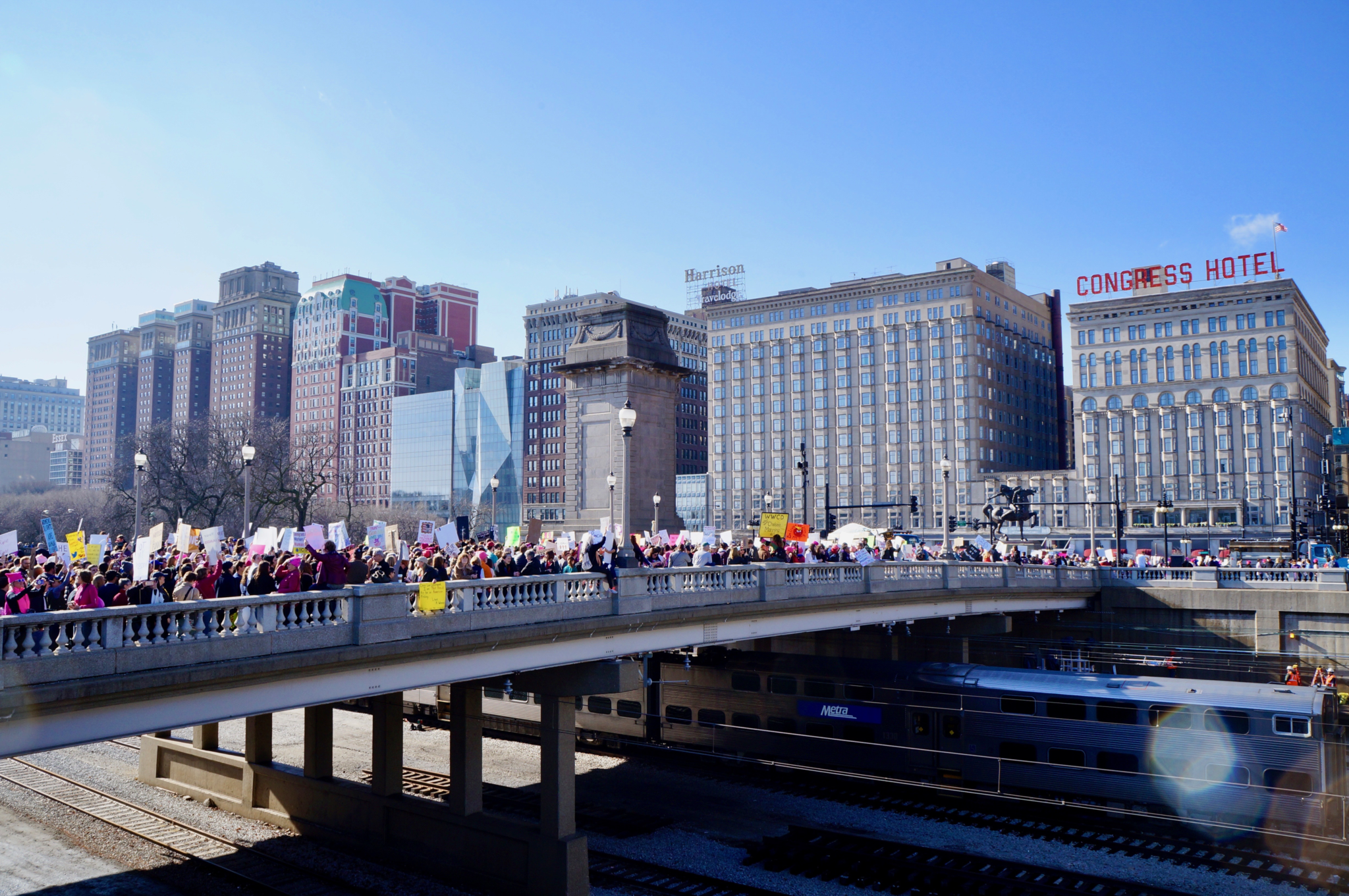
“I had an amazing time at the Chicago march. The sense of sisterhood and unity amongst differences was profound.”
Cleopatra Cowley-Pendleton, cofounder, Hadiya Pendleton Foundation
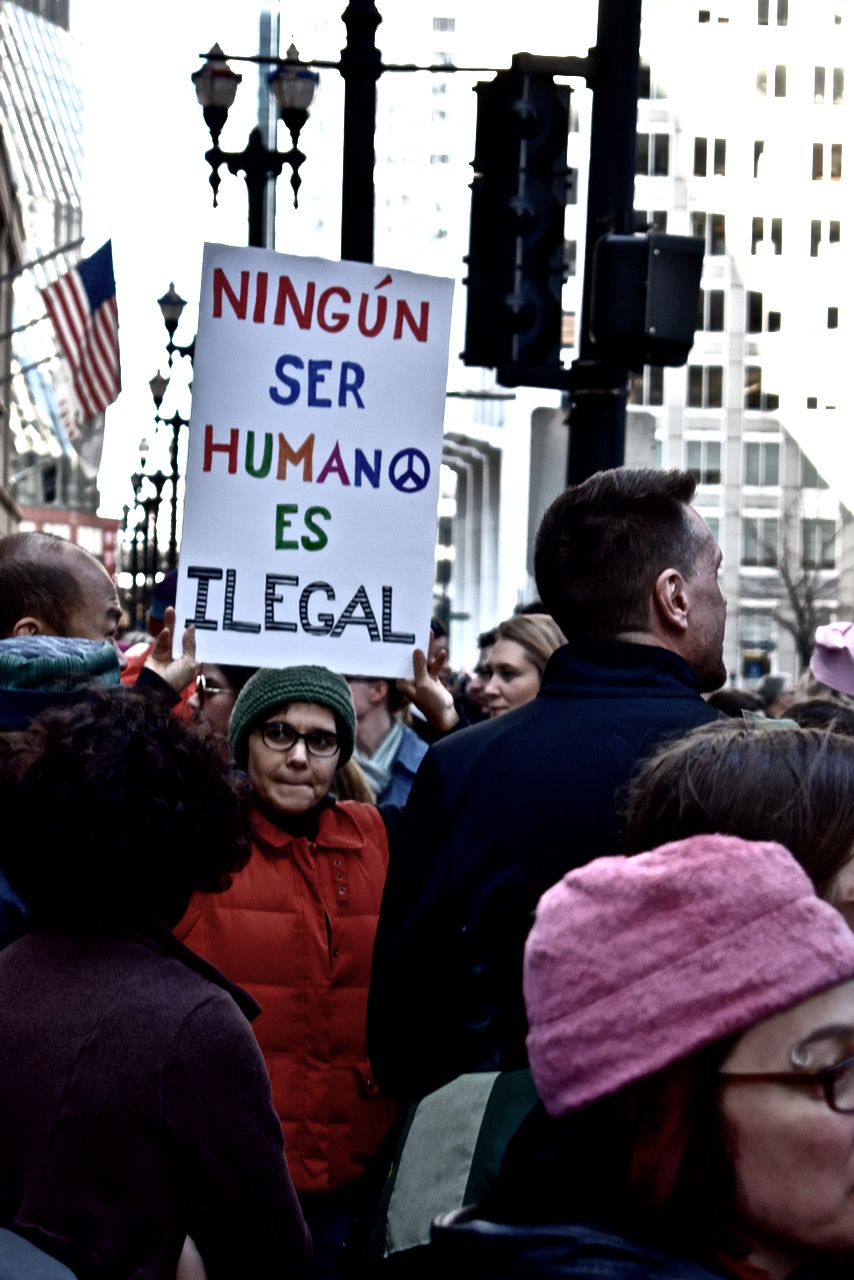
“It was a wonderful opportunity to participate in something that represents me, I guess, and represents the glory of humanity. The crowd was so wonderfully diverse and at ease with each other, and that was the whole point. It was a gathering of humanity and a gathering of kindness. It was okay for people to completely articulate who they were and what they believed in. There are so many folks who want to do that all the time, and it was a platform to do that and say it loud and clear.
What was really fascinating about Saturday, and I think the reason why nobody in the city could judge how many people were going to be out there, is that there were so many personal decisions that were made to make their presence there. And there was this desire to be in the space with people who felt that something needed to be done and didn’t necessarily know how to express it. To be able to share music was so unbelievably powerful to me. All these individual decisions to do a collective action were just amazing.”
Lucy Smith, jazz singer
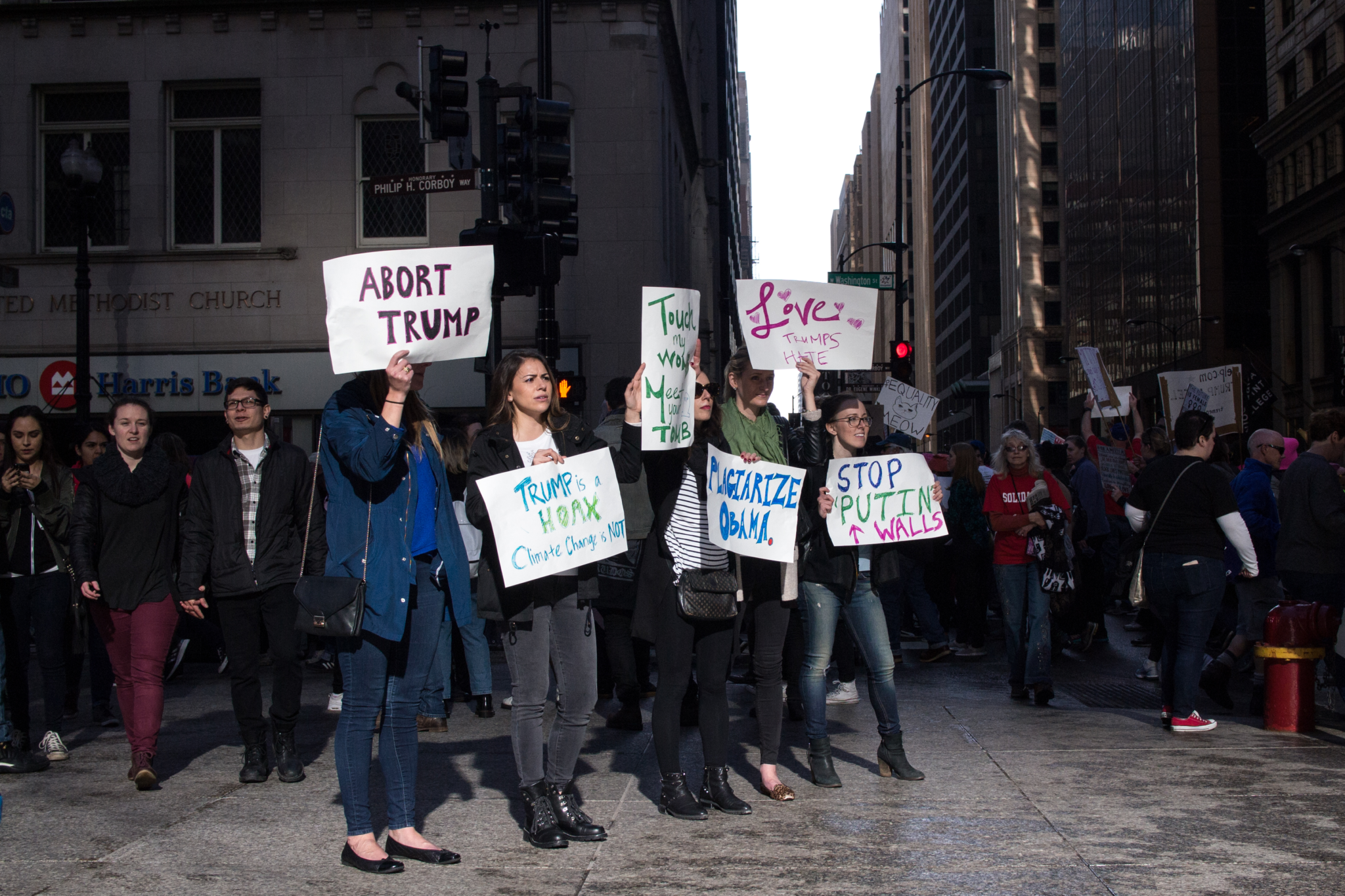
“It just felt really empowering that I was able to be with a bunch of women from all walks of life, and we were all able to come together to talk about what’s important to us. We felt that our president now didn’t really support those things, and we decided to do something about it.
Afterward, to see how many people came to ours and worldwide—it’s just like, wow, women are so powerful, we can do so much.”
Rachel Weaver, high school student and Woodlawn resident
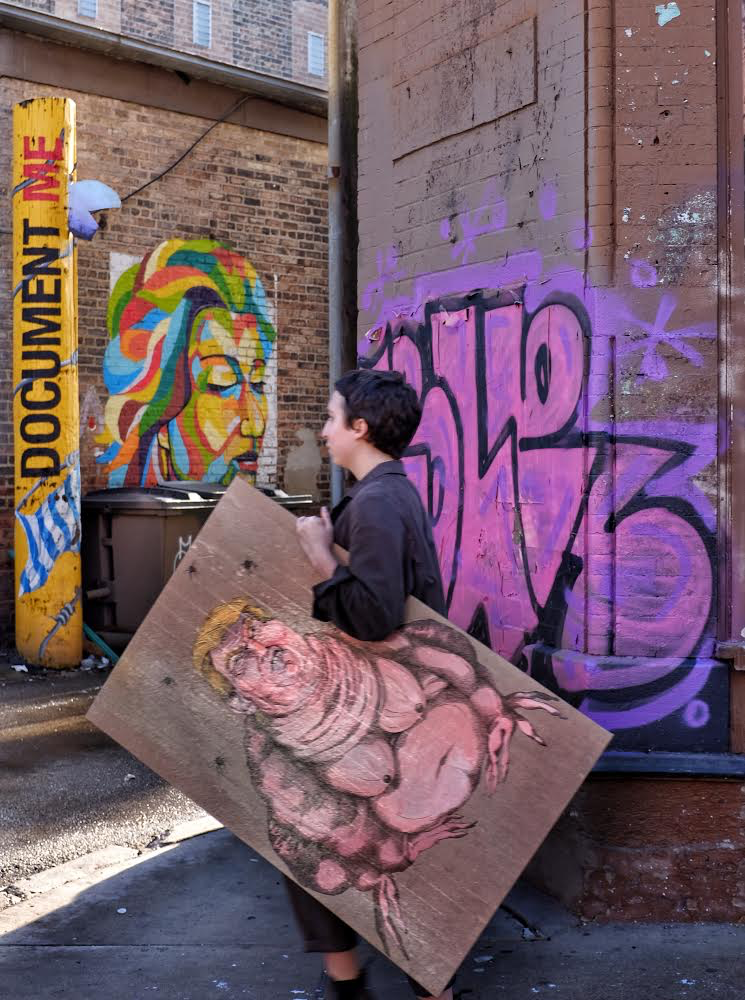
“I would say that it was a true showing of unity; it was a wide spectrum of folks that came from various communities, religions, cultures. Even some of the poster boards were in different languages, really making a fabric of what Chicago and the Chicago area is. Young children were there, families were there—it was beautiful to see so many families. Women with their daughters, and sons, and their partners participating.
The voices that were present represented the various issues that were important to women. I spoke about gender violence, but I very easily could have spoken about reproductive health. We heard about access to education. The fact that we did not anticipate as many people that we did I think speaks about the energy that is there, of folks wanting to do something positive. They know that there’s so much at stake and they want their voice to count.
Now, if I reflect on it, we want to make sure that we use that energy, that we harness it, into action. Action at all different levels, whether it’s parents becoming involved in school councils, running for office, or just picking up your phone and calling your aldermen. It really shows that everyone can play a role in making sure that, whether it’s at the local level or the national level, we stay on top of the issues that are important to us and our families.”
Maria del Socorro Pesqueira, President, Mujeres Latinas en Accion
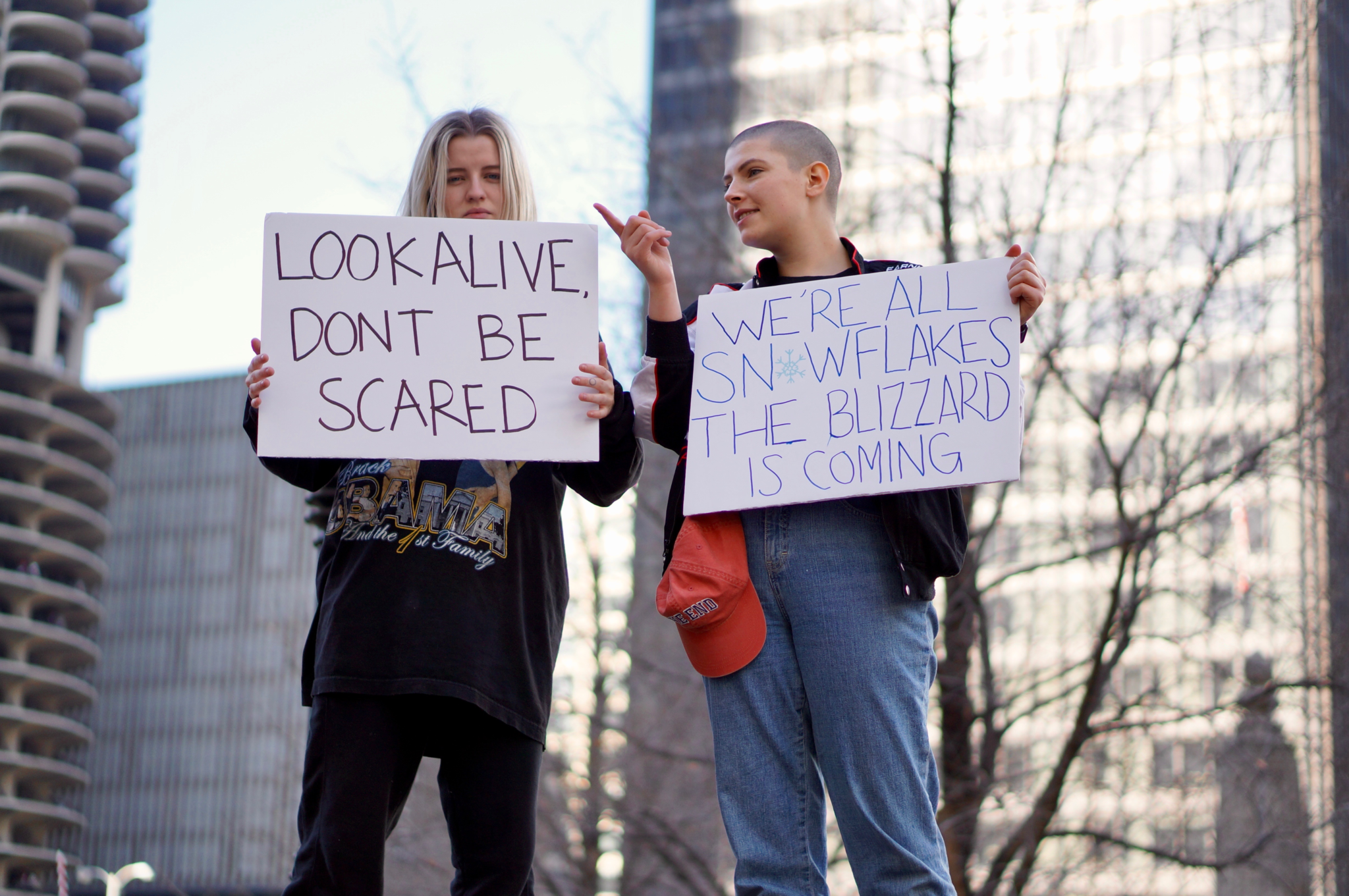
“There were so many people participating because of what they believe to be wrong with the direction the administration is going in. I also believe that. And I want this administration to acknowledge the young people we serve and the violence that’s in our community and the resources needed, so I decided to speak up.
By the time I got up there I was so energized from everybody speaking before me. When I got up there, I got up in the euphoria of, ‘This is the time, it’s now, it’s time to stand up to make your voice heard for what you care about.’ I felt those people knew and felt that they were all there because they cared about something.
I hope this is not the end. I hope there is a continuation of America standing up for what America is.”
Diane Latiker, founder of Kids Off the Block
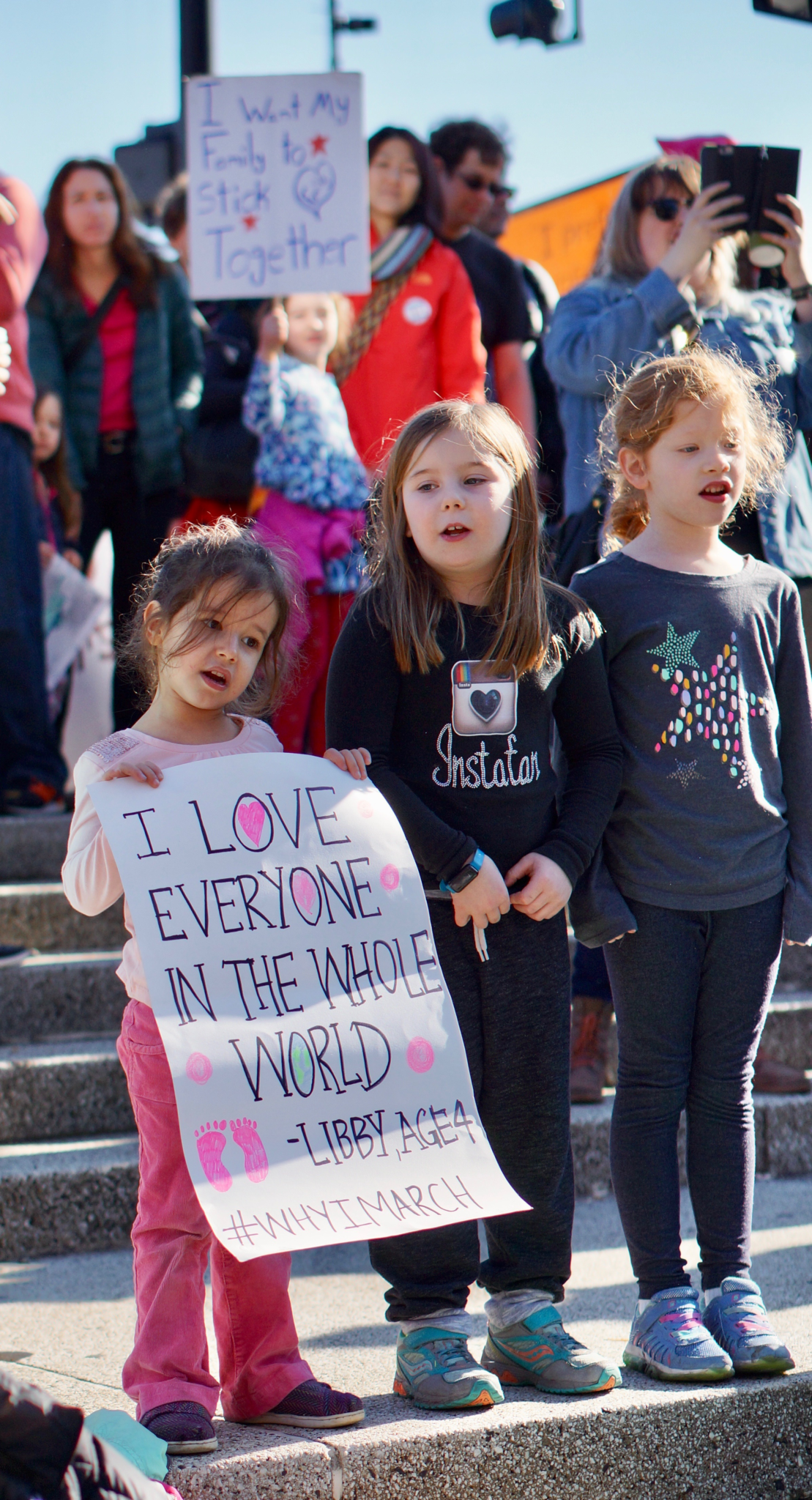
Did you like this article? Support local journalism by donating to South Side Weekly today.


